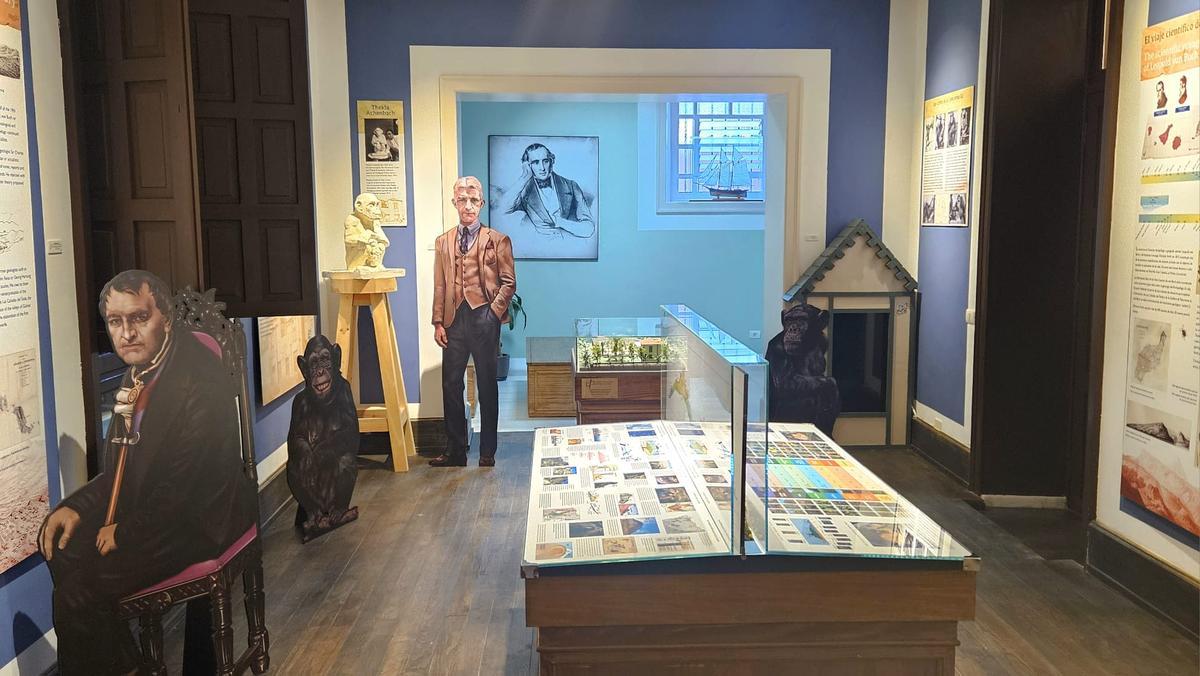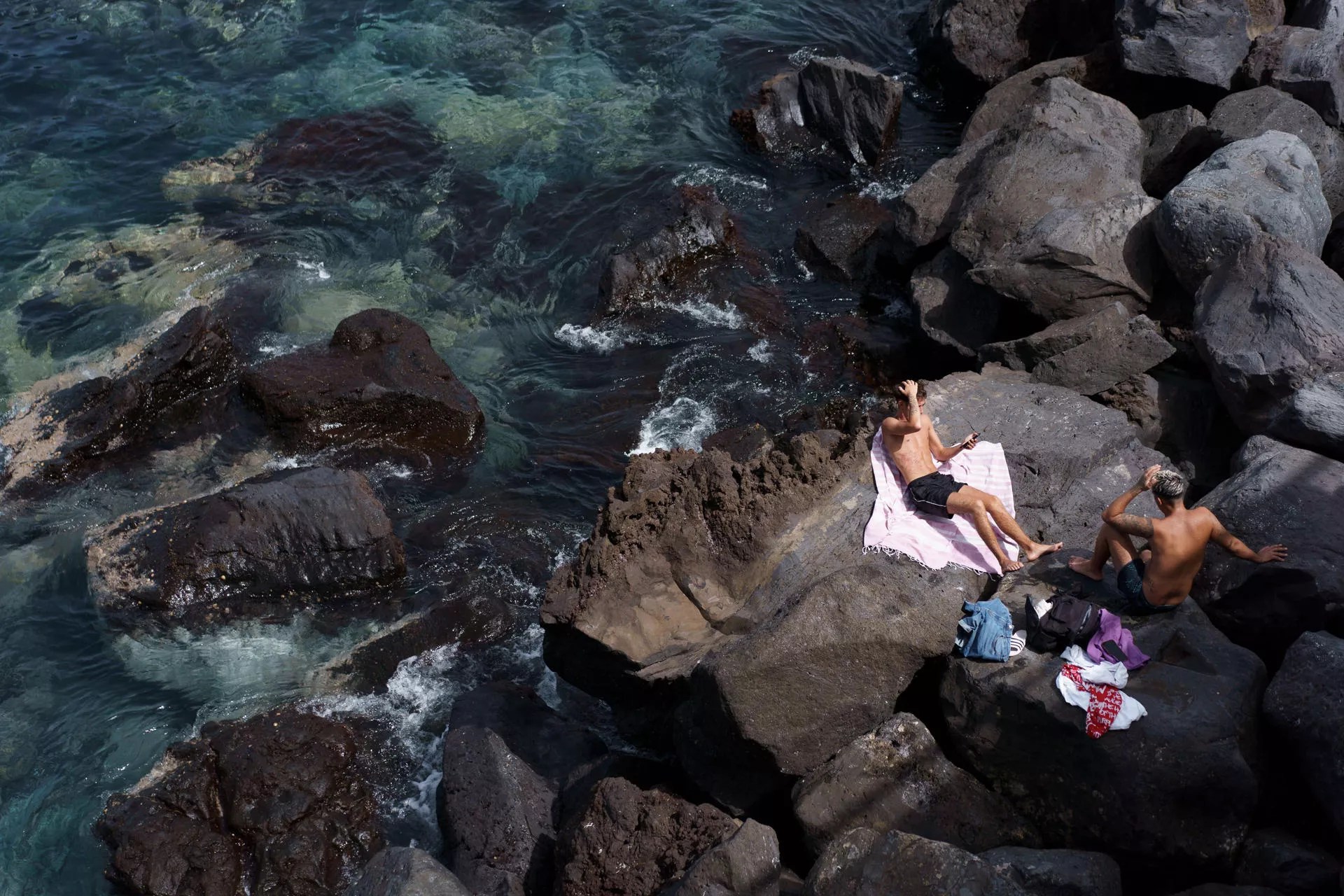The Ortava Canarian Foundation of History of Science (Fundoro) aims to illuminate the scientific journey of the African continent, delve into artificial intelligence, and encourage scientific and technical careers among the youth. By focusing on the intricate link between science and societal realities, the organisation has garnered the endorsement of the Villero City Council for various outreach initiatives targeting schoolchildren, educators, and the general public.
The mayor, Francisco Linares highlights that Fundoro’s mission enhances “Bringing science to everyone” and underscores the educational and instructional essence of the project. He emphasises the significance of the museum exhibits housed at the foundation’s headquarters, located in the heart of La Orotava, which can be freely accessed and showcases aspects of the Canary Islands’ history, along with the contributions of scientists who visited centuries ago.
Antonio Hernández, director of Fundoro, elaborated that the initiatives will encompass Seminars, Conferences, Courses, and Workshops. This includes refreshing their museum and publication offerings, leveraging new technologies to reach a broader audience, engaging in school collaborations, and formalising or renewing partnerships with the Institute of Hispanic Studies of the Canary Islands and the University of La Laguna, alongside the establishment of an Erasmus programme.
Africa as a Focus
An illustration of this is the Gorea project, which features a Reading Club, Conferences, and Theatrical Representations. It also proposes hosting the inaugural days of artificial intelligence in collaboration with the ULL, aimed at assessing the implications of new digital realities, including their ethical aspects, geopolitical ramifications, employment concerns, and emerging work models.
Additionally, the foundation is set to honour the Spanish Athenaeum of Mexico on its 75th Anniversary. This initiative will highlight the significant contributions made by this institution, established in 1949 by Spanish Mexican refugees and intellectuals to foster an exchange of ideas and preserve the historical memory of Spanish exiles. There will also be a tribute to physicist Blas Cabrera Felipe.

Fundoro Museum Collection / The day
Additional Initiatives
Further actions will include spotlighting the lives and achievements of notable figures in the science realm; establishing a task force on pseudosciences, denialism, or misinformation, and a course titled Historical Roots of Scientific Concepts which will elaborate on the significance of historical perspectives in understanding scientific knowledge.
The outreach will also involve a historical-scientific tour addressing the measurement of Teide’s height, workshops incorporating visits to the museum collection, Murals with Science mobile exhibitions for educational centres that request them, as well as Comic Forums designed to convey the history of science through such publications.
Exploring Science in Action is targeted at institutions in La Orotava to foster scientific and technical careers in science, technology, engineering, and mathematics. Another project for 1st Baccalaureate is Navigation Systems: From Compass to GPS. Moreover, this year’s External Practices Programme for ULL students will continue, furthered by a renewed collaboration agreement with the academic institution and the initiation of the Erasmus+ KA122-ADU programme which will facilitate visits to similar European foundations and organisations to gather new insights and foster synergies.
Open Science, New Collections, and Publications
Fundoro will display the history of science and its societal importance through workshops, temporary exhibitions, participation in radio, fairs, and theatrical programmes. Additionally, a new area at the foundation’s headquarters will exhibit the museum’s collection, recreating the ambience experienced by scientific travellers who passed through the Canary Islands in the eighteenth and nineteenth centuries.
This year, a new issue of the magazine “Meridiano Zero” will be published, alongside tributes to Professor José Luis Prieto Pérez, “Scenic Toys to Disseminate Science” by Miguel Hernández González, and a new edition of “The World of the Sea” (1881) by Moquien-Tendon.
Since its inception in 1999, the Foundation has played a pivotal role. Fundoro is now a reference point in the Canary Islands, throughout Spain, and has international reach. Consequently, it enjoys the complete backing of the Government of the Canary Islands, Cabildo de Tenerife, and the City Council of La Orotava, which lends particular support to this initiative, thus reinforcing its identity as a city of science.
















